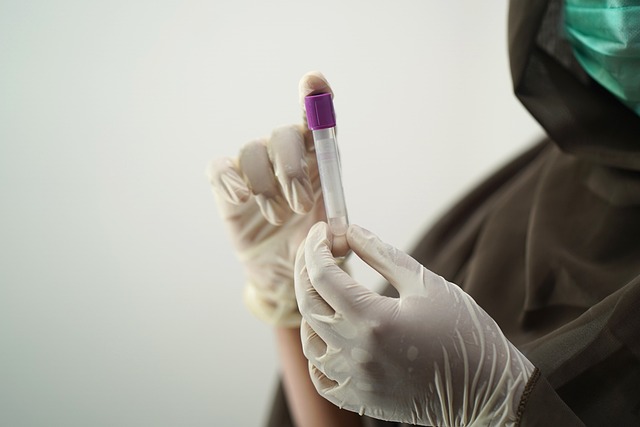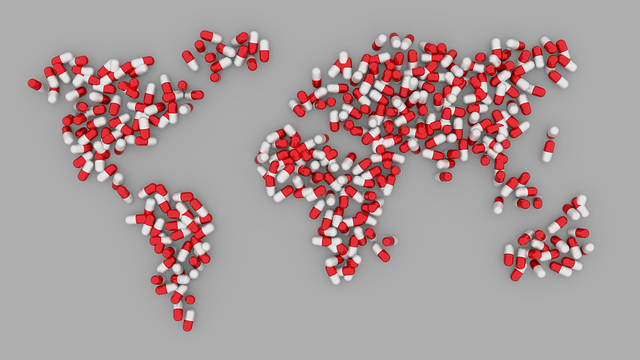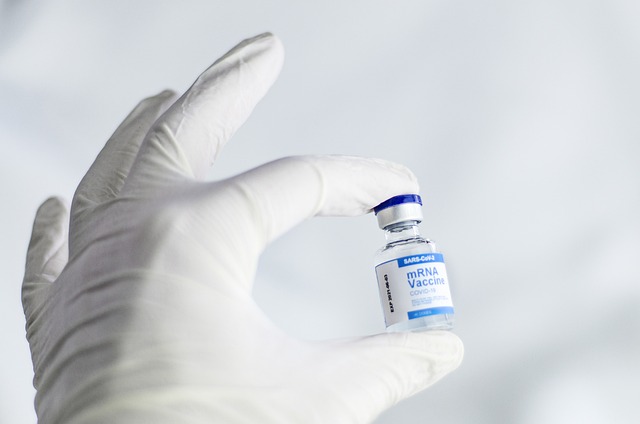HIPAA (Health Insurance Portability and Accountability Act) is paramount for healthcare data security, with strict regulations governing Protected Health Information (PHI). Healthcare marketing services must integrate robust data protection measures, including encryption, access controls, and regular protocol updates, to ensure compliance. Collaboration between marketing pros and IT, staff training, and clear communication build trust and demonstrate a commitment to patient privacy in the digital age. Organizations should invest in education, policies, and secure technologies to avoid HIPAA pitfalls and position themselves as trustworthy guardians of PHI.
In the digital age, protecting sensitive healthcare data is non-negotiable. The Health Insurance Portability and Accountability Act (HIPAA) sets the legal framework for safeguarding patient information, with strict guidelines that every organization in the healthcare sector must adhere to. This article explores HIPAA compliance strategies tailored for healthcare marketing services, offering insights into navigating this complex landscape. We’ll delve into key aspects like understanding HIPAA’s reach, implementing secure data handling practices, avoiding common pitfalls, and fostering trust through transparent communication, empowering marketers to create compliant campaigns while respecting patient privacy.
Understanding HIPAA: The Legal Framework for Healthcare Data Protection

HIPAA, or the Health Insurance Portability and Accountability Act, is a cornerstone of healthcare data protection in the United States. It’s a comprehensive legal framework designed to safeguard sensitive patient information shared within healthcare settings. For healthcare marketing services, understanding HIPAA is paramount to ensure compliance and maintain patient privacy. The act sets strict rules for the use and disclosure of protected health information (PHI), emphasizing confidentiality and security.
At its core, HIPAA requires covered entities, including healthcare providers, plans, and their business associates, to establish robust data protection measures. This involves implementing administrative, physical, and technical safeguards to prevent unauthorized access, use, or disclosure of PHI. By adhering to these guidelines, healthcare marketing services can ensure that patient data remains secure while enabling effective communication and marketing strategies within legal boundaries.
The Role of Healthcare Marketing Services in Ensuring Compliance

In the digital age, healthcare marketing services play a pivotal role in ensuring compliance with HIPAA (Health Insurance Portability and Accountability Act). These services specialize in navigating the complex landscape of patient data privacy and security regulations. By integrating robust data protection measures into their strategies, healthcare marketing professionals help institutions maintain the confidentiality, integrity, and availability of protected health information (PHI). This includes implementing encryption for data storage and transmission, ensuring secure access controls, and regularly updating protocols to match evolving HIPAA standards.
Healthcare marketing services also facilitate compliance through educational initiatives that sensitize staff and stakeholders about PHI handling best practices. They design and implement awareness campaigns that promote a culture of privacy within the organization. Moreover, these services offer consultation on technology solutions, policy development, and incident response plans, enabling healthcare providers to stay ahead of regulatory requirements. Through their expertise, healthcare marketing services act as a formidable ally in protecting sensitive patient data, fostering trust, and upholding the integrity of healthcare institutions.
Key Strategies for Creating a HIPAA-Compliant Marketing Plan

When crafting a marketing plan for healthcare organizations, it’s paramount to integrate key strategies that align with HIPAA (Health Insurance Portability and Accountability Act) compliance. This ensures patient data privacy and security while promoting effective healthcare marketing services. A robust approach begins with understanding the act’s regulations, particularly those related to the use and disclosure of protected health information (PHI).
Marketing professionals must collaborate closely with IT departments to implement technical safeguards like encryption for data storage and transmission. Additionally, role-based access controls should be established to ensure that only authorized personnel can access PHI. Regular training sessions on HIPAA compliance for all staff involved in marketing initiatives are essential to maintain a culture of privacy awareness and adherence to the stringent standards set by this legislation.
Secure Data Handling Practices for Marketing Professionals

In the realm of healthcare marketing services, ensuring secure data handling practices is paramount to maintaining patient privacy and trust. Marketing professionals must adopt robust measures to safeguard sensitive information shared by patients and healthcare providers. This includes implementing encryption for all data storage and transmission, adhering to strict access controls, and conducting regular security audits to identify and mitigate potential vulnerabilities.
Moreover, training staff on HIPAA compliance and ethical data handling is crucial. Marketing teams should be educated on the legal implications of data breaches and encouraged to maintain a culture of privacy awareness. Utilizing secure cloud services and implementing multi-factor authentication further reinforces data protection efforts, ensuring that healthcare marketing remains both effective and compliant with HIPAA regulations.
Common Pitfalls and How to Avoid Them in HIPAA Compliance

Many organizations, especially those offering healthcare marketing services, often stumble in their HIPAA (Health Insurance Portability and Accountability Act) compliance journey due to a lack of understanding or intentional ignoring of key regulations. One common pitfall is assuming that only medical institutions need to worry about HIPAA; this couldn’t be further from the truth. Any business that handles protected health information (PHI), including healthcare marketing firms, must adhere to strict privacy and security standards.
To avoid these pitfalls, organizations should invest time in educating their staff about HIPAA regulations and the importance of data protection. Regular training sessions can help employees recognize potential risks and implement best practices. Additionally, a comprehensive data management policy that outlines how PHI is handled, stored, and shared is essential. This includes ensuring secure data transmission methods, implementing access controls, and regularly auditing systems to identify and mitigate vulnerabilities. By staying proactive and vigilant, healthcare marketing services can navigate the complexities of HIPAA compliance successfully.
Building Trust with Patients: Communicating Your HIPAA Commitment

Building trust is paramount in healthcare, and demonstrating your commitment to HIPAA compliance is a significant step in fostering that trust with patients. Effective communication about your HIPAA practices can reassure patients that their sensitive information is protected. Incorporate clear and accessible language in your marketing materials to explain how you safeguard data, ensuring it resonates with both existing and prospective clients.
Healthcare marketing services can play a pivotal role here by creating content that highlights your understanding of HIPAA regulations and the rigorous steps you take to adhere to them. Share success stories or testimonials from satisfied patients who appreciate the transparency and security they experience. This approach not only builds trust but also positions your organization as a responsible guardian of patient data in today’s digital landscape.
